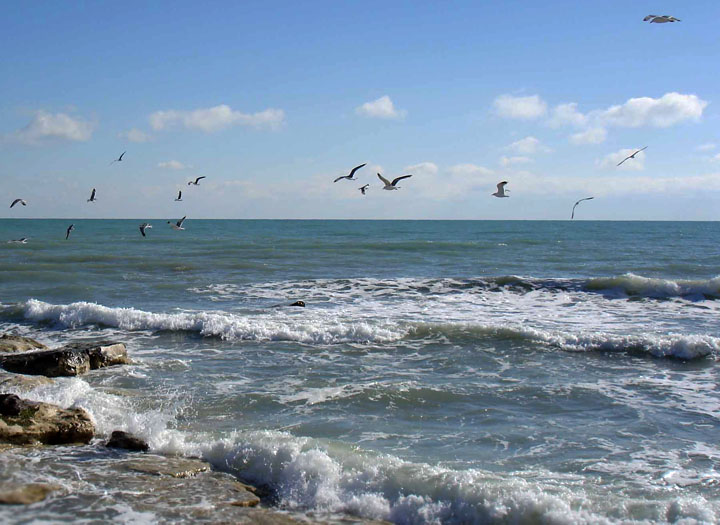Ministry of Energy wants Kazakhstan to produce oil tankers

Kazakhstan should reconsider the manufacturing of oil tankers and other vessels in order to guarantee that it can meet the demand for transportation through the Caspian Sea, according to acting Minister of Energy Bolat Akchulakov.
«We haven’t bought any of the oil tankers and I believe we shouldn’t do that. We have to launch production of such vessels here in Kazakhstan,» he said, commenting on a project between KazMunayGas, a national company in Kazakhstan and Abu Dhabi Ports Group (ADP).
As Akchulakov noted, high transportation tariffs are the main obstacles that prevent Kazakhstan from developing oil transportation through the Caspian Sea. For example, the transportation of one ton of oil to Baku, Azerbaijan costs $1,000. This includes the railway fee and tanker transportation cost, which are much more expensive than oil export via the Caspian Pipeline Consortium (CPC).
Given that Kazakhstan is extremely interested in alternative routes for its oil exports, the country has signed an agreement on exporting 1.5 million tons of oil to Baku. Realistically, this agreement serves as a test for this route as the Ministry of Energy wants to ensure it works well for Kazakhstan. Currently, the agency is trying to sign additional agreements with all interested parties.
«We know that we need to build oil tankers on our own. So, now we are discussing all these issues, such as where we are going to build these tankers and where we will repair them in the future,» he said.
Akchulakov noted that a new plant will produce not only oil tankers but also other vessels and there is a big demand for such things.
The most vivid proof of this is the North Caspian Operating Company (NCOC). The company runs the Kashagan oil field and has a fleet of 300 vessels of different types and sizes. Therefore, the country needs a plant to produce and provide maintenance to all those vessels, according to the acting minister. About twelve years ago, Kazakhstan had already tried to launch a similar project in conjunction with South Korean Daewoo but failed to complete it due to a financial crisis.
Today, when the Caspian Sea is getting a popular transport route once again, Kazakhstan may want to establish such a plant in Eralievo or Kuryk. The government has to examine this issue carefully, Akchulakov believes.
At the end of March 2023, KazMunaiGas (KMG) and Abu Dhabi Ports (ADP) agreed to beef up the country’s fleet of oil tankers to transport oil through the Caspian Sea. The two sides are going to do that with the help of Caspian Integrated Maritime Solutions (CIMS), a joint venture they established in February. The company is planning to acquire several oil tankers with a dead-weight carrying capacity of 8,000 to 12,000 tons.
In addition, KMG and ADP discussed what they can do to beef up the capabilities of their fleet of Aframax and Suezmax, the two common classes of oil tankers used in the open sea. The partners already have a fleet of tankers that operate in blue waters.

